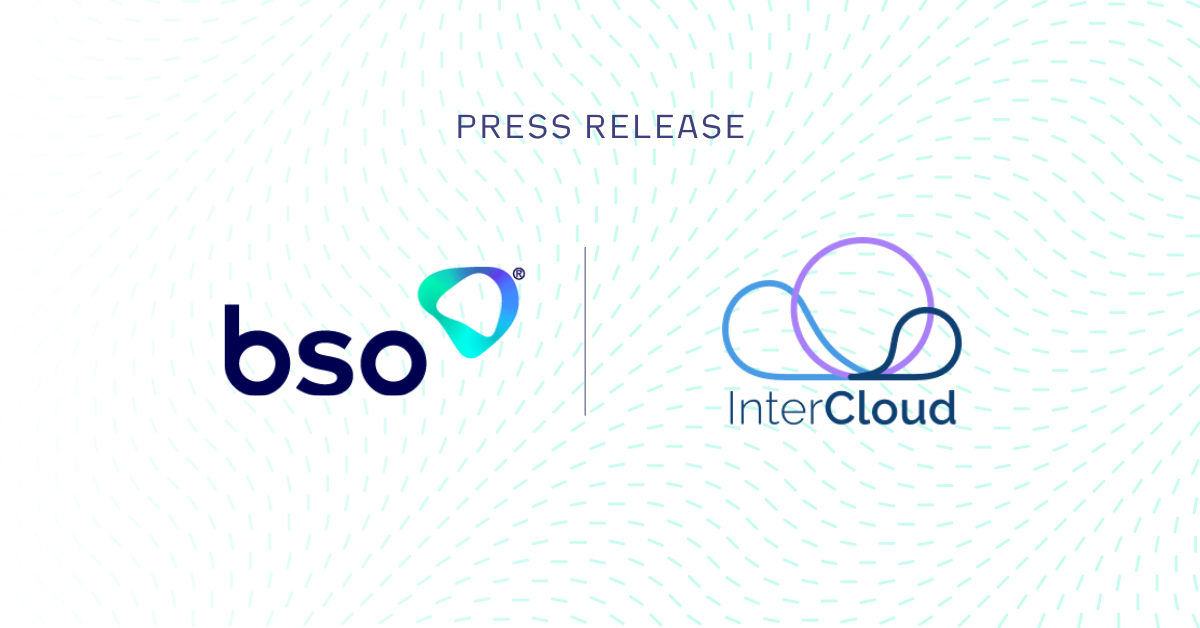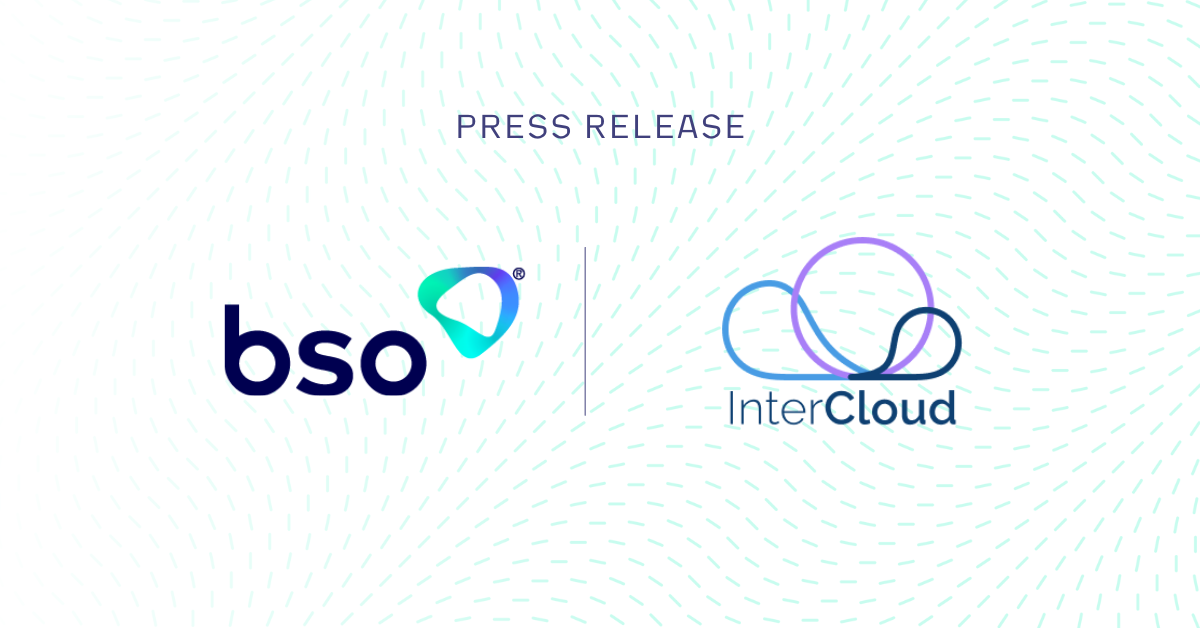
The markets are awash with uncertainty and activity.
Market corrections mean volatility has returned. The VIX Volatility Index jumped into life in February, rising 300% in a single month. Cryptocurrencies flexed their muscles. In the UK, retail investors ploughed unprecedented volumes into fixed income funds.
Net flows were £979m in December 2017, bringing the total amount under management to £1.2trn. Most popular were global equities as investors shunned other regions in favour of emerging markets.
Outside of this asset class, emerging economies performed just as strongly. The MSCI Emerging Index held firm in contrast to shuddering established marketplaces. M&A activity in certain sectors reached an all-time high.
HFTs and prop traders often thrive in conditions such as these, however only when firms have diverse reliable low-latency connectivity. Many firms have invested heavily in their fibre networks over the last decade as a result, however, the industry is once again on the cusp of being positively disrupted thanks to new wireless connectivity services.
A Golden Age of Low-Latency Trading
In recent years, wireless networks have shaved milliseconds off established trading routes and simplified access into lucrative emerging exchanges. The two technologies responsible for these results are:
-
Microwave, which can transmit data at speeds approximately 50% faster than fibre – a crucial competitive advantage in the race to zero.
-
Millimetre wave, an alternative frequency offering broader bandwidths and lower probabilities of interference.
Did you know that microwave can transmit data at speeds approximately 50% faster than fibre?
Advancements across microwave and millimetre wave mean adoption within the international trading community is growing, driven in part by the industry lifting its own veil of secrecy, deployment costs falling and end-user revenue opportunities outpacing the cost of implementing services into an existing network portfolio.
We have long recognised the benefits associated with wireless and only last year strengthened our own capabilities in this area with the acquisition of market-leading wireless provider Apsara Networks.
But what about further into the future? Wireless is already here and is being proven as a competitive differentiator more and more every day.
There is one other development currently gathering pace within financial services….
Say Hello to LEO
It’s LEO satellites, low-earth orbital satellites. Last year, our CEO Michael Ourabah joined a panel of fellow technologists and pioneers to explore the feasibility of LEO constellations within financial service connectivity and a means of unlocking even greater revenue opportunities for HFT and prop trading firms.
As Michael acknowledged at the time, LEO satellites are a natural progression for our industry, an exciting method of freeing trading firms from the limitations associated with terrestrial cabling and legacy infrastructure:
“Microwave, millimetre wave and fibre technology all complement each other, and it is clear that LEO satellites are the next-generation of connectivity, [although] how that can be applied to high-frequency trading remains a question mark.”
The advantages include vastly lower latencies, improved performance, greater redundancy, more diversity, stronger security and larger bandwidth capacities. Wireless connectivity and LEO satellites also ease the industry’s reliance on submarine and terrestrial cabling.
However, like any new technology, naturally, there are barriers to entry – capital costs, long-term revenue generation, as Iridium demonstrated spectacularly in 2004 when it went bankrupt, and regulation.
-
Who owns the physical space LEO satellites occupy?
-
How do you coordinate so many satellites?
-
What about competitiveness and within that context, regulation?
These questions were raised as far back as 1994 in an academic paper titled Regulation and Licensing of Low-Earth-Orbit Satellites.
We will see an even greater blend of underlying technologies providing the international trading community with their critical infrastructure
Many of the paper’s core questions remain today and a definitive solution is still being debated. Whatever the solution is, it will undoubtedly be challenging, especially when we consider how many companies are still defining technology strategies for current regulations. Just look at the popularity of crypto and the current Wild West marketplace all because of a lack of regulation…
That said, this is an industry overflowing with pragmatism and one built around new possibilities enabled by technology.
Five, ten years from now will be a very different landscape and we will see an even greater blend of underlying technologies providing the international trading community with their critical infrastructure – and quick likely, the necessary regulations to ensure fair market competitiveness.
As this future becomes a reality, we are busy canvassing the industry for new innovative technologies. We are actively searching for, and investing in, pioneering infrastructure solutions that support our clients in this brave new world.
This relentless drive means we can calculate what our clients require for long-term success, long before they have identified a need on their own and thereby enabling them to stay far ahead of the competition.
Interested in our wireless connectivity services?
ABOUT BSO
The company was founded in 2004 and serves the world’s largest financial institutions. BSO is a global pioneering infrastructure and connectivity provider, helping over 600 data-intensive businesses across diverse markets, including financial services, technology, energy, e-commerce, media and others. BSO owns and provides mission-critical infrastructure, including network connectivity, cloud solutions, managed services and hosting, that are specific and dedicated to each customer served.
The company’s network comprises 240+ PoPs across 33 markets, 50+ cloud on-ramps, is integrated with all major public cloud providers and connects to 75+ on-net internet exchanges and 30+ stock exchanges. The team of experts works closely with customers in order to create solutions that meet the detailed and specific needs of their business, providing the latency, resilience and security they need regardless of location.
BSO is headquartered in Ireland, and has 11 offices across the globe, including London, New York, Paris, Dubai, Hong Kong and Singapore. Access our website and find out more information: www.bso.co
SALES ENQUIRY
Get in touch now. Find out how we can transform your business_
You might be interested in_
THE BSO DIFFERENCE
The industries we work across_





/Revolutionising-Connectivity%20BSOs-Tailored-Cloud-Solution-for-CryptoStruct-GmbH.png?width=1050&height=550&name=Revolutionising-Connectivity%20BSOs-Tailored-Cloud-Solution-for-CryptoStruct-GmbH.png)
/6%20Cloud%20Best%20Practices%20for%20Financial%20Technology%20Companies.jpg?width=1200&height=600&name=6%20Cloud%20Best%20Practices%20for%20Financial%20Technology%20Companies.jpg)








